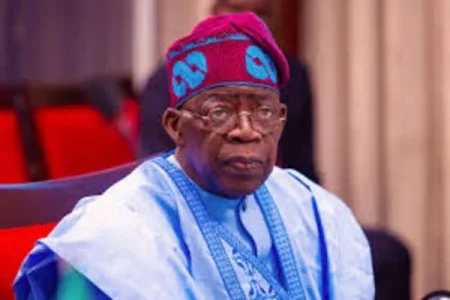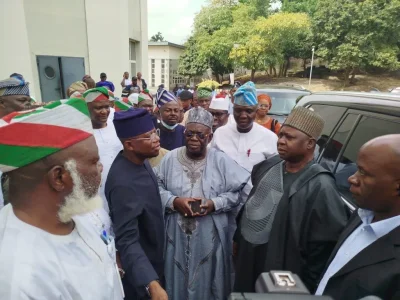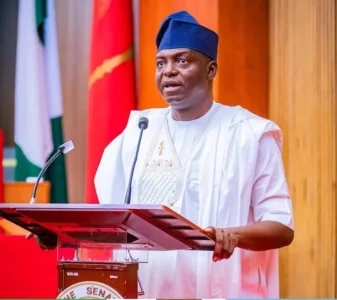
SERAP has urged President Tinubu to reverse the latest petrol price hike pending a court verdict on its legality. The organization highlights the potential impact on public confidence and economic hardship for citizens, calling for transparency within NNPCL and adherence to the rule of law.
The Socio-Economic Rights and Accountability Project (SERAP) has called on President Bola Tinubu to order the Nigerian National Petroleum Company Limited (NNPCL) to immediately reverse its recent petrol price hike. In a letter dated October 12, 2024, signed by Deputy Director Kolawole Oluwadare, SERAP urged a rollback of the latest increase in fuel costs, which marks the second price surge within a month. This request comes as a lawsuit challenging the NNPCL's authority to raise petrol prices is pending in the Federal High Court in Abuja.
SERAP previously filed a lawsuit against both the president and the NNPCL, alleging that the price hikes were illegal and demanding an investigation into corruption and mismanagement within the NNPCL. In its recent letter, SERAP contended that the latest increase undermines the judicial process by potentially influencing the case’s outcome. According to SERAP, keeping fuel prices high while the court case is unresolved could erode public confidence in the judiciary and compromise the rule of law.
The organization highlighted that the new price of petrol, now exceeding N1,000 per liter in some locations, places a heavy burden on Nigerians, especially the economically vulnerable. SERAP argued that, as a public institution, NNPCL is accountable to the Nigerian people and should operate transparently. Additionally, SERAP expressed concerns over reports of unaccounted funds within NNPCL, urging the government to act in alignment with Tinubu's inaugural promise to uphold the Constitution and the rule of law.
SERAP warned that failure to reverse the hike could result in legal action to compel compliance with its request, aiming to protect citizens from further economic hardship and ensure due process in court proceedings.




